Tag: Pain Management
-
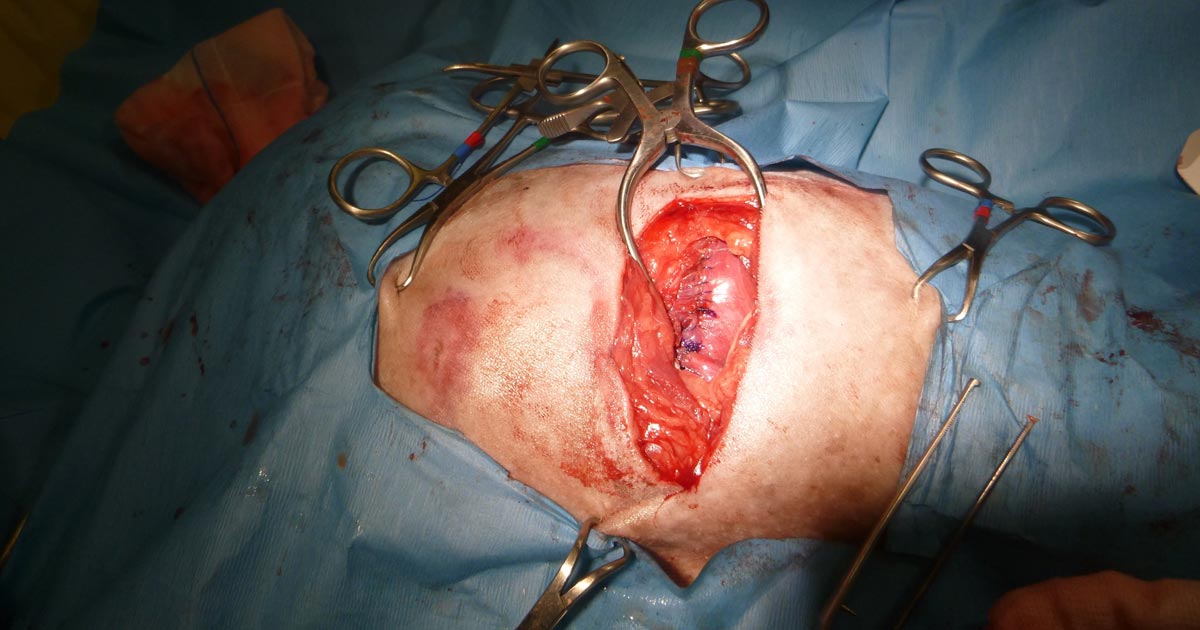
Dog bite wounds – the tip of the iceberg
—
by
Dog bite wounds are one of the most common presentations in both general and emergency practice, and can often be challenging cases. Once you have stabilised the patient, it is time to speak to the client. Here is when you need to address the most important point: the injuries they (and you) can see are…
-
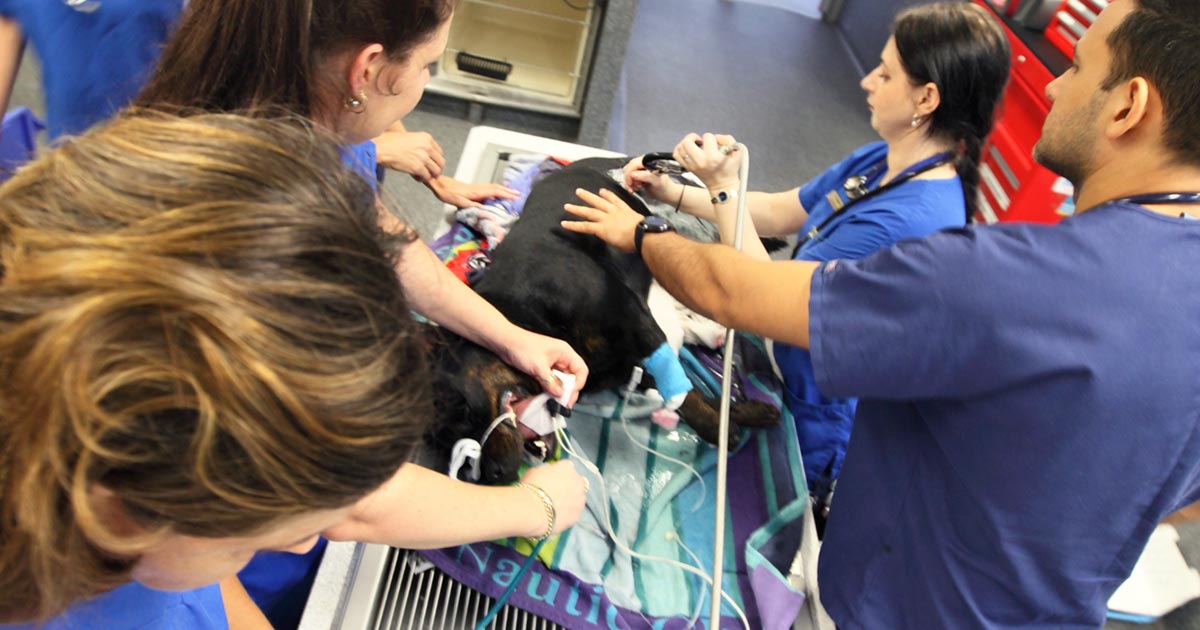
Triage, pt 2: secondary survey
—
by
Secondary survey refers to the detailed physical examination performed after the primary survey, and should only be performed once the patient has been adequately stabilised. It is always important to perform physical examinations systematically to avoid overlooking organ systems. This could be difficult in a stressful emergency situation, so one way to remind yourself is…
-
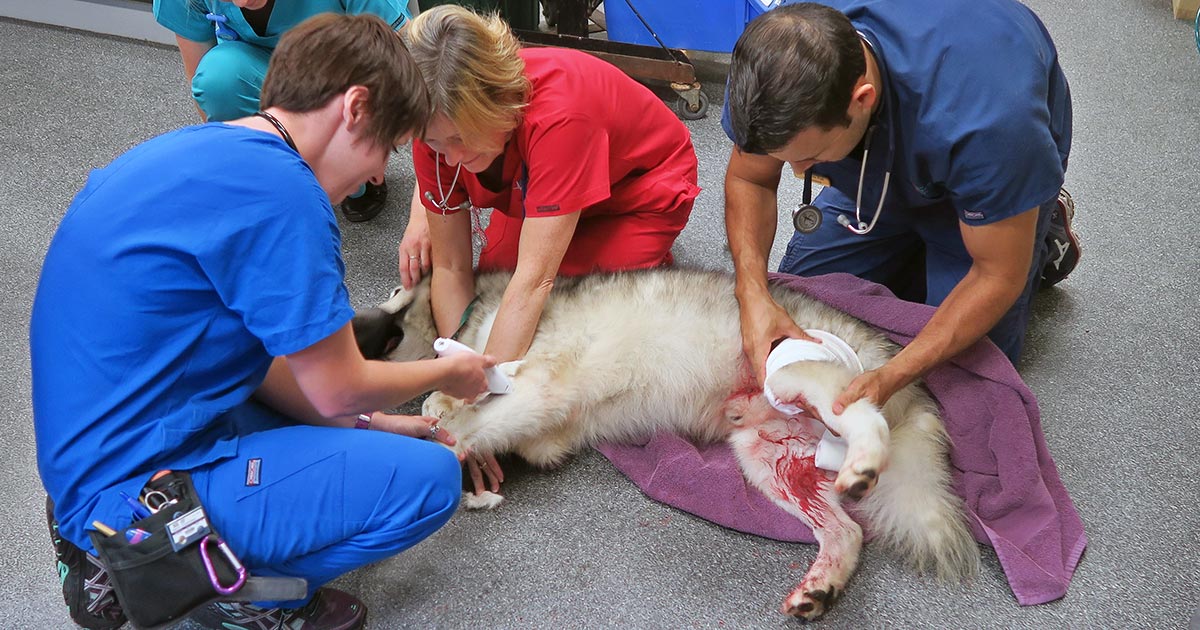
Triage, pt 1: primary survey
—
by
The art of triage takes time to master – particularly in emergency hospitals, where critical patients arrive in quick succession to the crash area. Patients need to be examined quickly and effectively to ensure the most critical issues are identified and stabilised. To do this, I break triage into two categories – primary survey and…
-
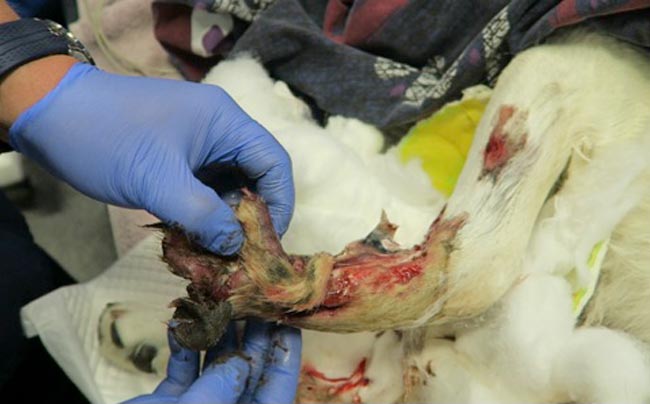
The dangers of casts and bandages
—
by
Casts and bandages are frequently used to treat orthopaedic conditions, especially in situations where clients have financial constraints that rule out surgical treatment. However, these techniques have an extremely high probability of complications, including: malunion, delayed or non-union fracture disease – which refers to joint stiffness, muscle atrophy and disuse osteopenia associated with prolonged casting…
-

Mistakes, pt 1: dealing with the fear
—
by
When we polled young veterinarians about what their career concerns were, more than half of the respondents listed worrying about making mistakes as one of their biggest problems. This is not surprising, and not altogether unwise, considering the myriad of things that can potentially go wrong. However, making decisions based primarily on trying to avoid…
-
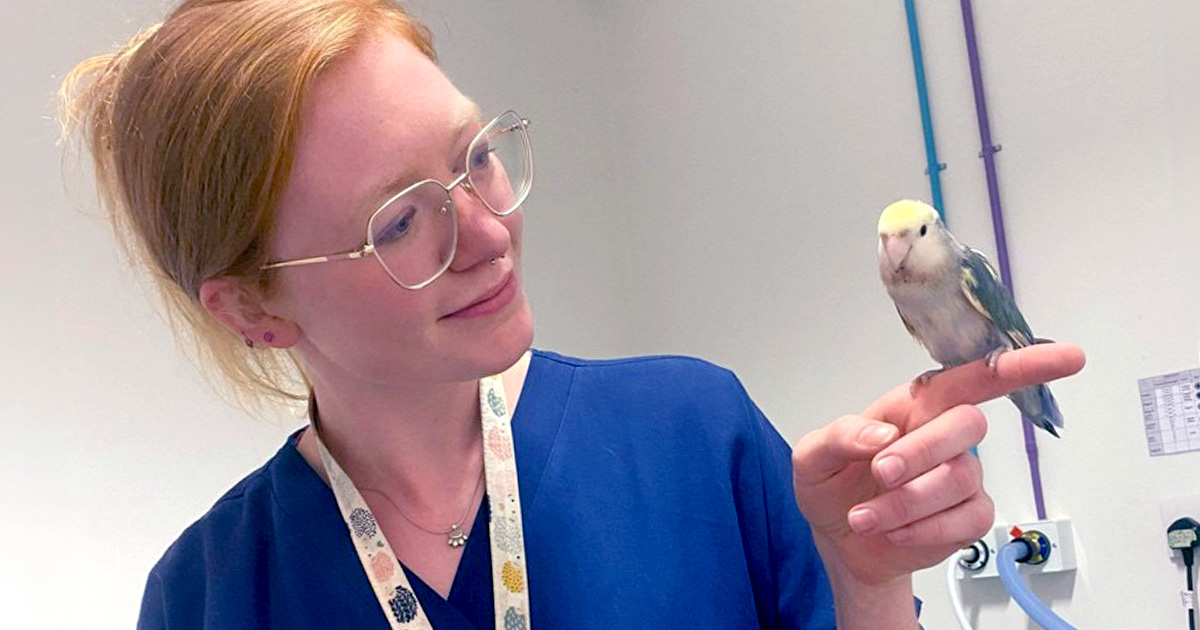
Avian anaesthesia
—
by
Did you hear about the grumpy owl with an upset stomach? He had irritable owl syndrome… Birds are a case of fight-or-flight (almost literally) for staff in the veterinary practice, especially when it comes to anaesthesia. Many will avoid due to a lack of experience, uncertainty, or a fear of the patient’s delicate nature, yet…
-
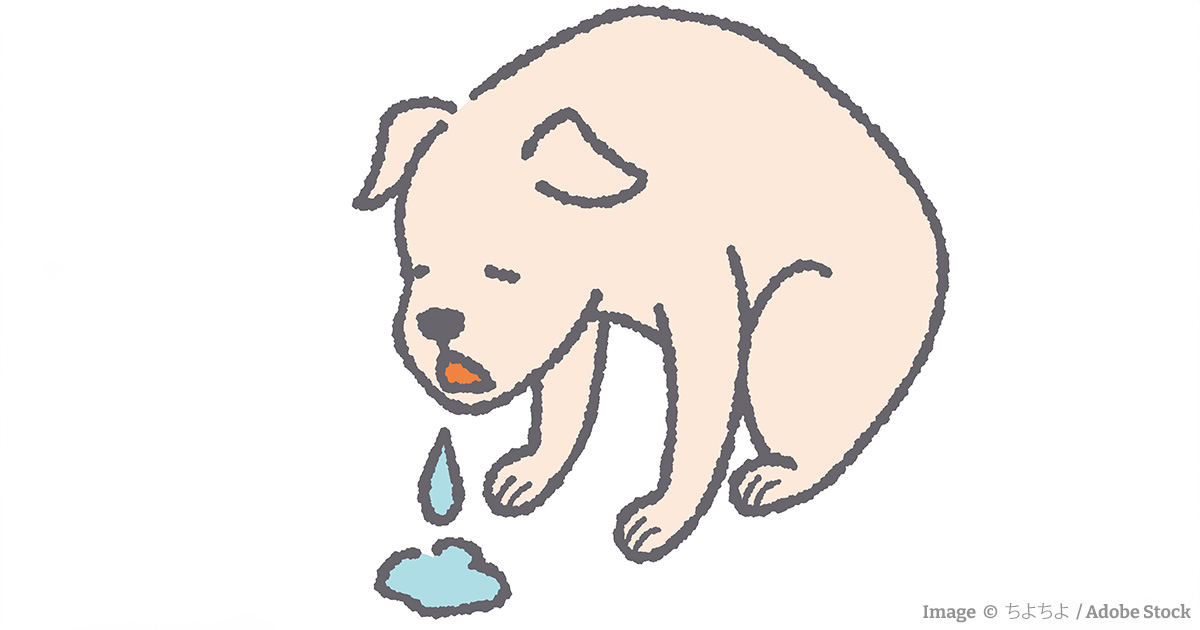
Induced vomiting from the nurse’s perspective
—
by
New RVN author Dale Gillies starts off her Vet Times blogging career with a tasteful little piece about the best ways to make a dog revisit its last meal…
-

The ubiquity of pilchards
—
by
Despite saying I’m a one-cat household with my hospice foster Moxie, we have recently been sharing our household with a new friend. Moxie may be a geriatric lady, but this hasn’t stopped a large tom cat from following her through the cat flap. Billy, as he is now known, is a 6kg big-cheeked hunk, but…
-

Oh, CR*P! Using point-of-care C-reactive protein tests
—
by
Few companies now offer affordable point-of-care tests for canine C-reactive protein (CRP). As we did when we recently received our new box of CRP slides, you might soon be asking the question: what do we even do with this stuff? Here’s what we’ve learnt… CRP is one of the acute phase proteins produced by the…
-

Ionised hypocalcaemia, pt 2: eclampsia
—
by
As discussed in part one of this blog series, a myriad of disease processes can lead to ionised hypocalcaemia (iHCa). Despite this, only hypocalcaemia caused by eclampsia and hypoparathyroidism (primary or iatrogenic – post-surgical parathyroidectomy) are severe enough to demand immediate parenteral calcium administration. Hypoparathyroidism is quite rare, so this blog will not explore the…